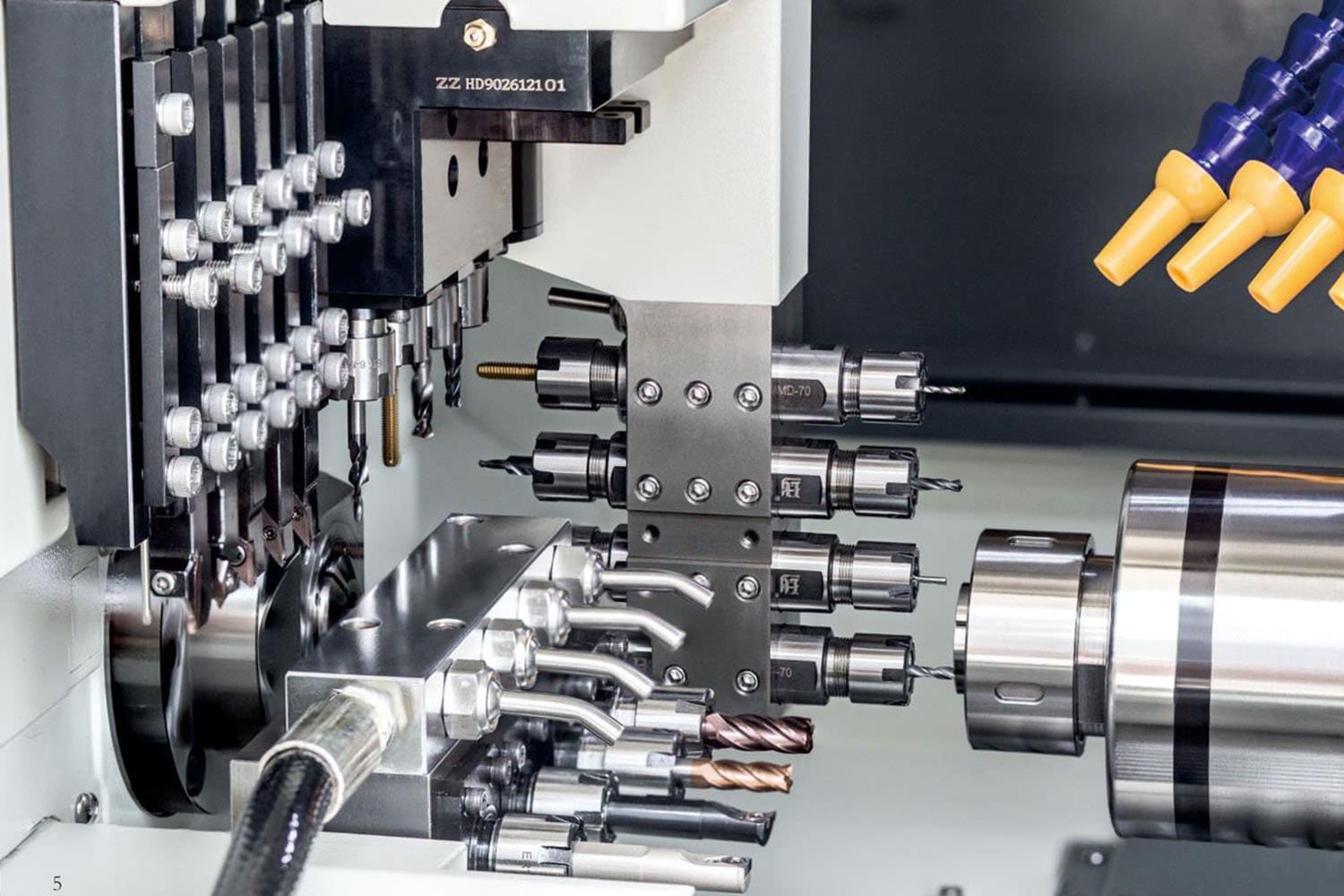
Understanding CNC Processes and Their Applications
Computer Numerical Control (CNC) machining has become a cornerstone of modern manufacturing, enabling precise and automated production of intricate components. Its versatility has made it an essential tool in industries ranging from aerospace to healthcare.
"CNC machining bridges the gap between design and reality, delivering unparalleled precision and efficiency."
The Core of CNC Processes
At its core, CNC machining involves using computer-controlled tools to shape materials into desired forms. By converting design files into machine-readable instructions, CNC systems ensure precise and repeatable results, minimizing human error.
With capabilities like multi-axis machining, CNC processes can create complex geometries and structures that were once thought impossible. This makes CNC vital for producing intricate parts for industries like automotive, electronics, and medical devices.
Applications Across Industries
The applications of CNC machining are virtually limitless. In aerospace, it is used to craft lightweight and durable components. In healthcare, CNC processes enable the production of precision surgical tools and prosthetics tailored to individual patients.
Moreover, CNC machining is essential for creating molds, dies, and prototypes, allowing manufacturers to test and refine designs before mass production. The adaptability of CNC technology ensures its relevance in both high-volume production and specialized, low-volume runs.
As industries continue to demand higher precision and efficiency, CNC machining remains a critical technology, shaping the future of manufacturing with innovative applications and solutions.
